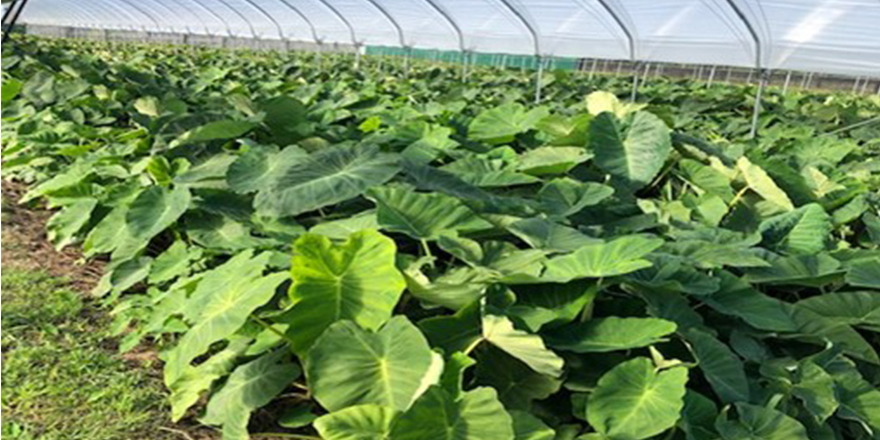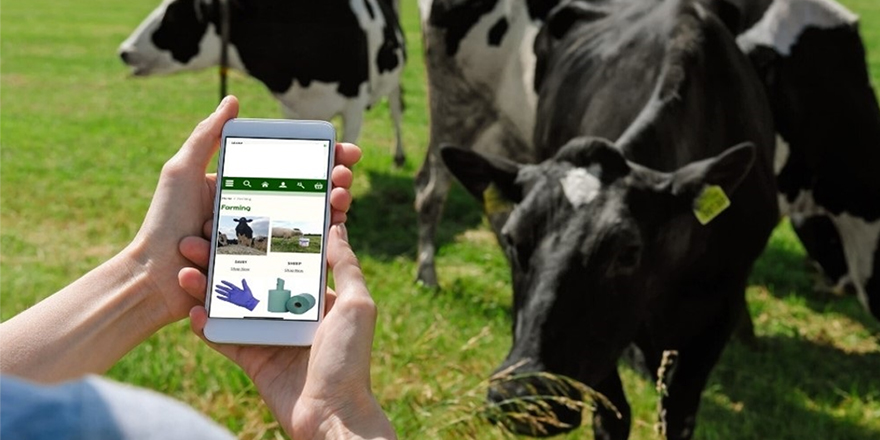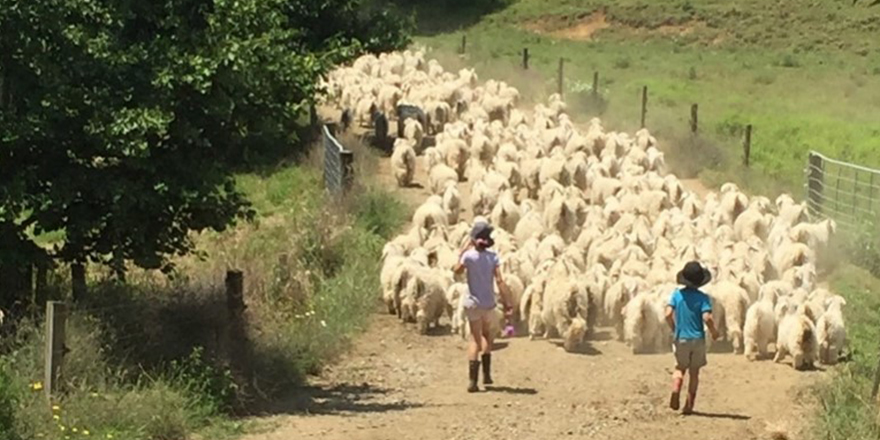
Executive summary
Producing food and fibre is complex and will only get more complex in the future. The rural professional support network required has increased in both number and complexity. In a farm consultancy sense, this increase in complexity and work demand creates opportunity to expand business and offer high value expert advice.
Farm consultancy is unique in that the advice sought is often highly customised and depends on a huge number of biological, human and climatic factors. The experiential learning required to provide sound advice takes decades to develop, however, with the everchanging consultancy landscape, there is no longer years available to craft each skill before offering services therefore the methods for shortening this experiential must be explored.
Process mapping is a method used to document the method of turning inputs in to outputs and is utilised in many industries to standardise outcomes and reduce human resource requirements, however little information is available on the possibility of utilising process mapping as a tool within farm consultancy. The purpose of this project is to investigate how process mapping could be used in farm consultancy, and from the findings establish a method for creating a process map which could be applied in a case study setting.
A literature review was undertaken to establish the what, why, who, how and limitations of process mapping for a range of industries. This literature was analysed to obtain key themes to create a method for developing a process map. This method was then applied to a farm consultancy case study which was reflected on to provide recommendations and compare with findings from the literature.
Key Findings:
The application of process mapping in other service industries has been successful in showing improvements across business, customer satisfaction and employee satisfaction metrics, indicating potential benefits that could be obtained through process mapping in a farm consultancy business.
Analysis of the literature provided a framework for establishing a method to process map which could be used in farm consultancy. 12 key steps in process map design have been documented as a framework in this report.
The case study developed based on the process developed indicates many strengths and opportunities for process mapping in a farm consultancy business echoing the benefits seen in other industries. Although there are significant benefits and opportunities to process mapping, there are also weaknesses, threats and risks.
Producing food and fibre is complex and will only get more complex in the future. The rural professional support network required has increased in both number and complexity. In a farm consultancy sense, this increase in complexity and work demand creates opportunity to expand business and offer high value expert advice.
Farm consultancy is unique in that the advice sought is often highly customised and depends on a huge number of biological, human and climatic factors. The experiential learning required to provide sound advice takes decades to develop, however, with the everchanging consultancy landscape, there is no longer years available to craft each skill before offering services therefore the methods for shortening this experiential must be explored.
Process mapping is a method used to document the method of turning inputs in to outputs and is utilised in many industries to standardise outcomes and reduce human resource requirements, however little information is available on the possibility of utilising process mapping as a tool within farm consultancy. The purpose of this project is to investigate how process mapping could be used in farm consultancy, and from the findings establish a method for creating a process map which could be applied in a case study setting.
A literature review was undertaken to establish the what, why, who, how and limitations of process mapping for a range of industries. This literature was analysed to obtain key themes to create a method for developing a process map. This method was then applied to a farm consultancy case study which was reflected on to provide recommendations and compare with findings from the literature.
Key Findings:
- The application of process mapping in other service industries has been successful in showing improvements across business, customer satisfaction and employee satisfaction metrics, indicating potential benefits that could be obtained through process mapping in a farm consultancy business.
- Analysis of the literature provided a framework for establishing a method to process map which could be used in farm consultancy. 12 key steps in process map design have been documented as a framework in this report.
- The case study developed based on the process developed indicates many strengths and opportunities for process mapping in a farm consultancy business echoing the benefits seen in other industries. Although there are significant benefits and opportunities to process mapping, there are also weaknesses, threats and risks.
Key Recommendations:
- Get started: although a sound process map is required, the key to efficiency finding is to start with a process, and then continually improve the process over time.
- Of the 12 steps to developing a process map, it is recommended emphasis be placed on ensuring clarity of the purpose of the process map, ensuring all stakeholders have input, developing KPI’s and providing a framework for continuous improvement.
- There are strengths and opportunities identified in this report which could be beneficial to a farm consultancy, awareness and development of strategies to overcome the weaknesses and threats documented is fundamental as part of any process mapping undertaken to ensure business objectives continue to be met.
Download and read the full report here:




